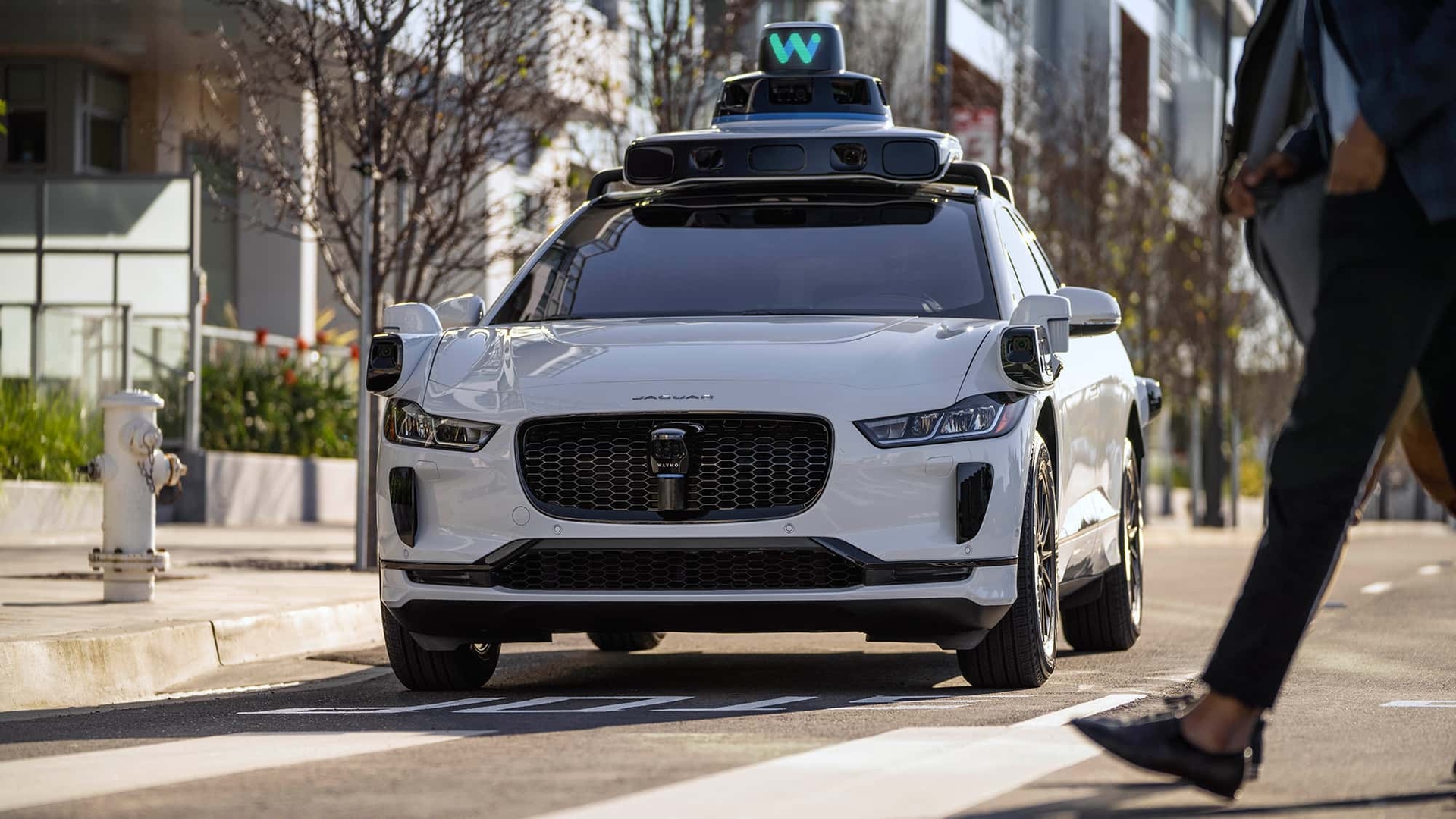Waymo launches robotaxis in London: Europe's fully autonomous trial

Photo: Waymo
Waymo announces it will launch a robotaxi service in London in 2026, making the British capital the first European metropolis with a Waymo service. Initial testing with safety drivers is planned before the fleets are allowed to operate fully autonomously. According to several reports, vehicle and team preparations are already underway, but an exact launch date depends on regulatory approvals.
Connected and Automated Vehicle (CAV) trials have been possible in London for years, and the TfL (Transport for London) regulations require a strict safety and reporting regime. Nationally, the Automated Vehicles Act 2024 creates the framework for driverless operation; the implementation program targets 2026/27 for initial services. Accordingly, Waymo requires both local (TfL) and national approvals from the DfT (Department for Transport) before regular driverless operation can begin.
Waymo relies on a sensor mix of cameras, radar, and lidar; competitor Tesla currently pursues a camera-only approach. Proponents of the multi-sensor setup argue for redundancy and robustness, while camera-only offers low costs. Waymo points to more than 10 million paid driverless rides and 100 million autonomous miles in the US as proof of safety.
For the transition to left-hand traffic, Waymo has been collecting driving data in Tokyo since late 2024/early 2025 – initially with safety drivers and local partners. These deployments are intended to prepare the system for driving culture and narrow road networks, which should benefit the trial launch in London.
Uber is collaborating with AI autonomous startup Wayve in the UK and is targeting public Level 4 trials in London starting in spring 2026. The taxi industry is reacting with mixed feelings: political support is there, but in practice, skepticism and safety concerns dominate – especially in the densely interwoven road network of the City of London. For Waymo, this means a hotly contested market as soon as the regulators give the green light.
The UK is no longer in the EU, which could accelerate British market entry because London has its own approval processes. However, the jump to the continent requires additional, country-specific approvals (no UK passporting effects). If the London operation works, it will provide regulators and cities on the continent with valuable real-time data on safety, operations, and acceptance.
Waymo recently reported around 250,000 autonomous trips per week in US cities such as Phoenix, San Francisco, Los Angeles, Austin, and Atlanta. Critics point to isolated cases and disruptive incidents in everyday US life; nevertheless, Waymo is currently considered a benchmark provider. The key will be how this performance translates to London's dense, historic streets.
auto-motor-und-sport





